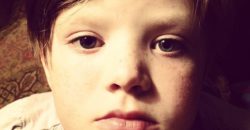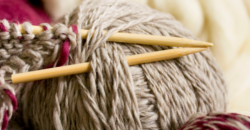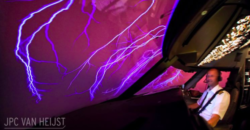thinking thursday
mind
“Because as soon as we liberated ourselves from a concept of what our son’s education should look like, we were able to observe how he learned best. And what we saw was that the moment we stopped compelling Fin to sit and draw or paint or write was the moment he began doing these things on his own. It was the moment he began carving staves of wood into beautiful bows and constructing complex toys from materials on hand: an excavator that not only rotated, but also featured an extendable boom; a popgun fashioned from copper pipe, shaved corks, and a whittled-down dowel; even a sawmill with a rotating wooden ‘blade.’ In other words, the moment we quit trying to teach our son anything was the moment he started really learning.” Ben Hewitt writing about the unschooling of his two sons. “Everyone we know who unschools, in fact, has chosen autonomy over affluence. Hell, some years we’re barely above the poverty line. But the truth is, unschooling isn’t merely an educational choice. It’s a lifestyle choice.”
Is empathy–accessing and making sense of self-other emotions and perceptions–central to healthy, social, human life? Here are five resources for finding out.
body
Confessions of a Ramen Master: “When you focus on the smallest details of a craft, you start to notice little things and that can keep you interested. For instance, a customer might come in to the store regularly and feel he is drinking exactly the same soup, but as a ramen master, I can taste minuscule differences in flavor. It’s like any job: when you become an expert, you focus on perfecting the little things that other people may not even notice.”
Yes, please: Coconut flour tortillas. Grain-free, gluten-free.
I would like this Chickpea, Cashew, and Coconut Curry for dinner. Or now.
soul
On severed friendships: “Someone recently told me the theory that you shed and replace the majority of your friendships every seven years. I hate that idea. Yet, I understand why it’s an oft-repeated maxim. We make these big life transitions and sometimes it’s hard to hold one another’s hands while we’re traveling at different speeds in different directions. Sometimes we stop speaking the same language. Sometimes our way of seeing one other stays frozen in the past, even as we barrel roll into the future. And so we part. And we mourn. And there is no resolution. And this, my friends, I’m still trying to reckon with.”
“Here’s the thing. Sometimes we’re just hurting, period. Allowing the feelings of pain to have some room and some time is so necessary. Trying to race to forgiveness isn’t realistic….You cannot skip over the pain. If your spiritual practice only serves you when things are going well, I don’t see what good it will do you over the course of your lifetime. Because it isn’t ‘all good,’ and it isn’t all positive. Some things will never go in the category of, ‘thank you for this experience.’ Some things are so brutally heartbreaking you have to hope a person will be able to go on. To experience joy again, to open to love…. I’d say the best spiritual practice is the ability to face reality as it is. To open to the present moment, even when it breaks your heart, and probably especially then. If you can hold the pain, you’ll also be able to hold the joy. If you can lean into the feelings you have around being betrayed, you create a pathway to eventual healing and forgiveness, if that feels right for you.”
word
“Well, I know now. I know a little more how much a simple thing like a snowfall can mean to a person” ― Sylvia Plath, The Unabridged Journals of Sylvia Plath










